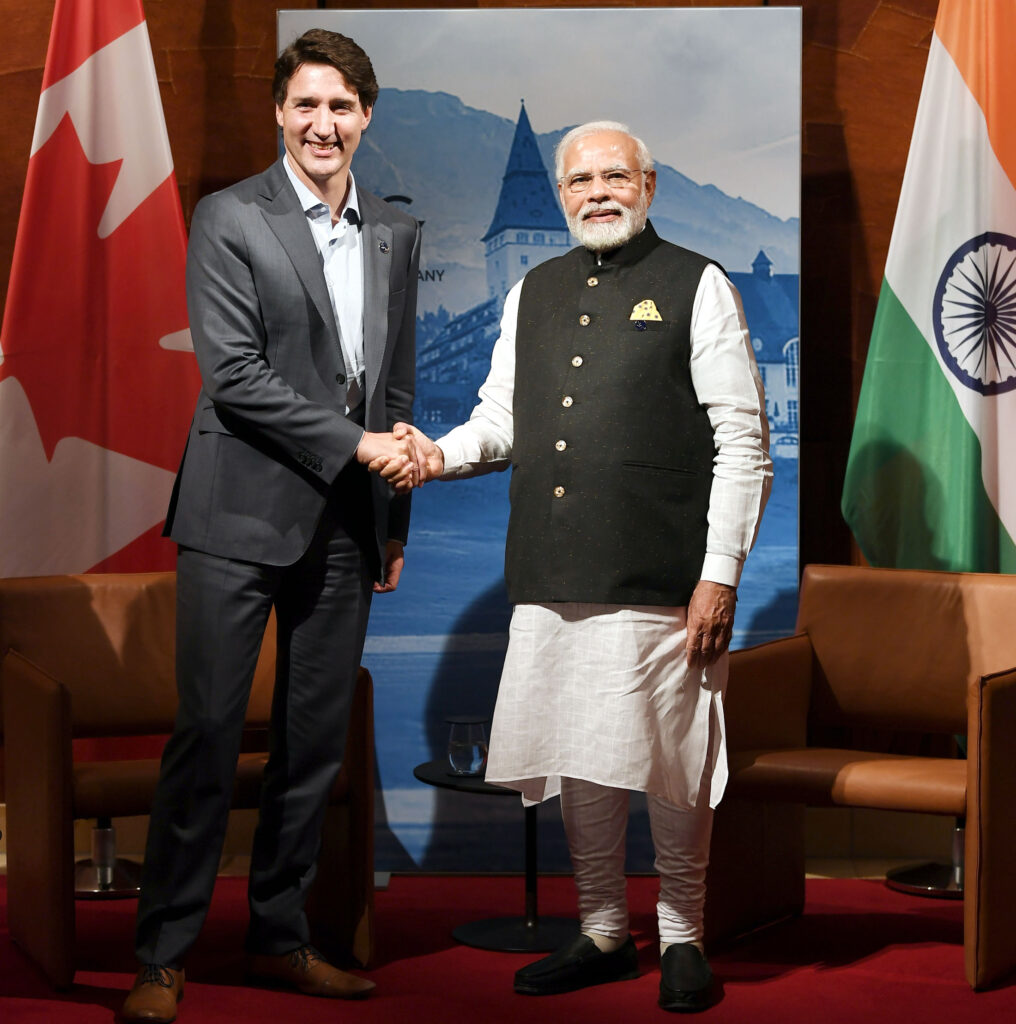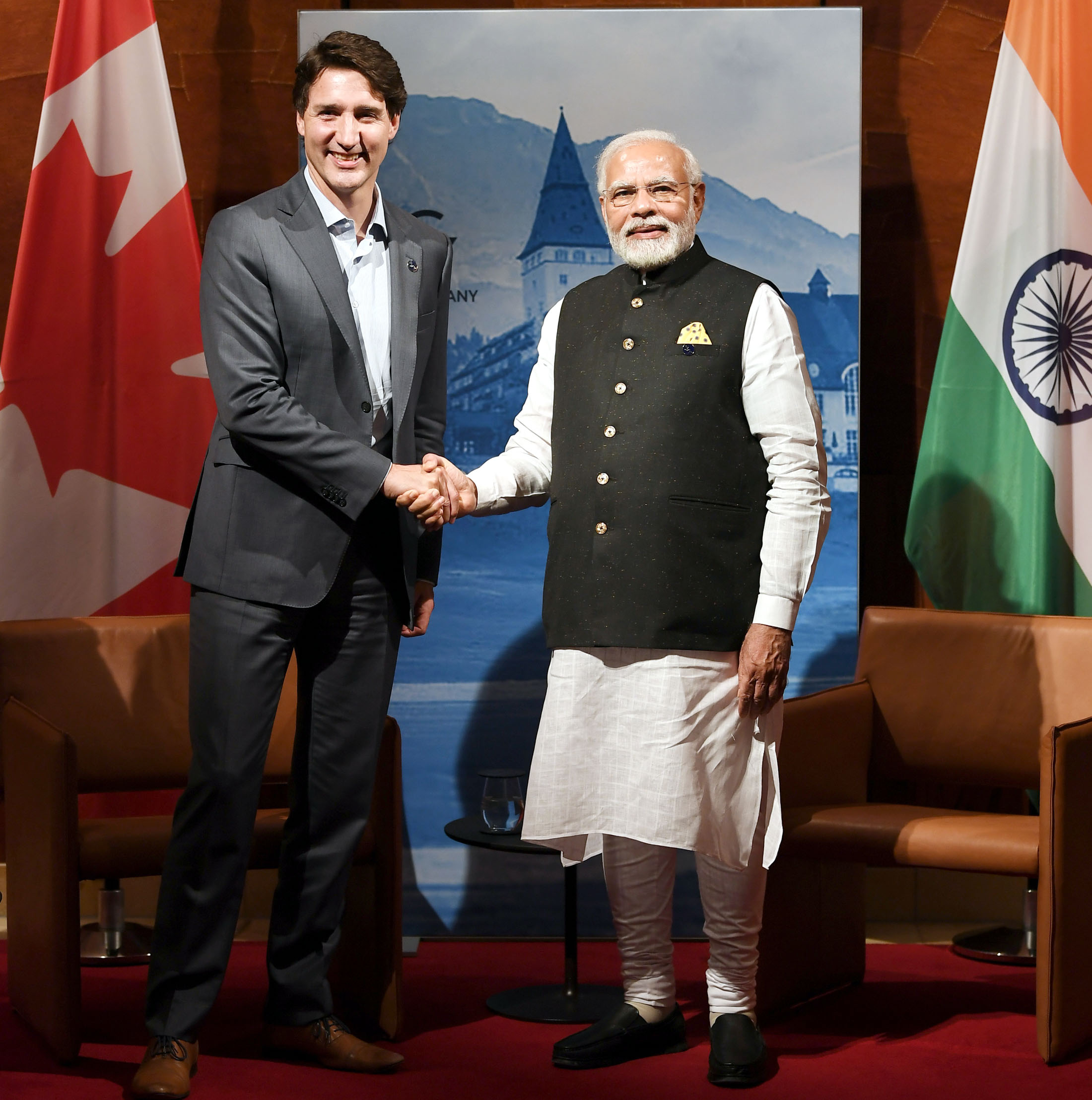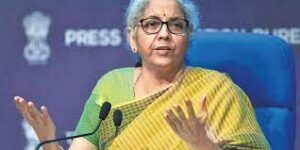
Tensions between India and Canada have escalated, with accusations of Canada’s interference in India’s internal affairs. The recent incident involving the killing of Hardeep Singh Nijjar, a proclaimed terrorist, in Vancouver has strained diplomatic relations.
Background
Hardeep Singh Nijjar, a known terrorist with multiple cases registered against him in India, was killed in Vancouver in June. India’s External Affairs Minister, S Jaishankar, attributed the rise of Sikh fundamentalism and violence against Indian assets in Canada to “vote bank politics” during a G-20 summit.
Uneven Responses
During the G-20 summit, India’s National Security Advisor, Ajit Doval, engaged with his Australian, UK, and Canadian counterparts regarding the issue. While Australia and the UK reacted positively to India’s concerns, Canada appeared unfazed. This indifference was attributed to Canada’s political landscape, where the New Democratic Party, supportive of Khalistan, backs the Justin Trudeau government.
Canada’s Controversial Actions
Canada’s response to the situation has raised eyebrows. Justin Trudeau openly supported Sikh radicals, blamed unidentified Indian agents for Nijjar’s killing, and expelled an Indian diplomat. This move was seen as playing to the Sikh separatist gallery. Canada’s lack of action against individuals openly targeting Indian diplomats and diaspora in the name of free speech has been a point of contention.
List of Canada-Based Gangsters and Terrorists
India has raised concerns about Canada providing shelter to various gangsters, murderers, and weapon smugglers with ties to terror groups. Some of these individuals have arrest warrants, red corner notices, and multiple FIRs against them in India.
Conclusion
The recent incidents and Canada’s response have strained diplomatic relations between the two nations. Accusations of Canada interfering in India’s internal affairs have raised questions about the need for both countries to address these issues through diplomatic channels.
![]()




